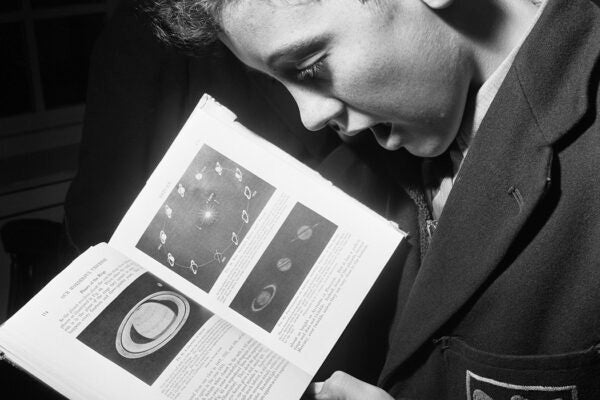Welcome to Ask a Professor, our series that offers an insider’s view of life in academia. This month we interviewed Susie Steinbach, a professor of history at Hamline University in Saint Paul, Minnesota. Susie is the author of Understanding the Victorians: Politics, Culture, and Society in Nineteenth Century Britain as well as Women in England 1760-1914: A Social History. She has also reviewed many books including Women, Scholarship, and Criticism: Gender and Knowledge c. 1790–1900, Sacred to Female Patriotism: Gender, Class, and Politics in Late Georgian Britain, and Hard at Work in Factories and Mines: The Economics of Child Labor during the British Industrial Revolution. We caught up with her to talk about Victorian respectability, baking, and Nordic noir detective novels.
Alex Golub: What’s a factoid or tidbit about your field that most people don’t know?
Susie Steinbach: I’m an historian of gender in nineteenth-century Britain—so, the Victorians. People think of Victorians as anti-fun and anti-sex—always going to church and fainting at the sight of a woman’s ankle—or as sanctimonious hypocrites who preached fidelity and abstinence in public and hired prostitutes when no one was looking. But actually tons of Victorian Britons were openly pleasure-seeking people who enjoyed sex and food and drink and scandal, and who were perfectly comfortable with all of that. The most popular entertainments were the most titillating—novels full of gruesome murders and scandalous bigamists, plays with onstage shipwrecks, music hall songs full of double entendres. Respectability was important, but not everyone was pursuing it all the time.
Have you ever worked with someone in another field, and what was the nature of your collaboration together?
Yes, in several ways! I have a friend and colleague who’s also a Victorianist, but of literature rather than history. We’ve co-taught, and we always read and critique each other’s written work—I don’t remember the last time I submitted something without getting her comments on it first. Her perspective is grounded in the same time and place, but her strategies are totally different from mine, and her questions about what I’ve written—or about what I haven’t written, or haven’t addressed—always improve my work. I’m also a reviewing editor for the Journal of Victorian Culture, which is a multi- and interdisciplinary journal, so I get to work with people in literature, art history, and geography. As both of these examples indicate, I’m more optimistic about multidisciplinary collaboration than I am about interdisciplinary work—I actually wrote on this issue last year, in a JVC Roundtable (“Who Owns the Victorians?,” Journal of Victorian Culture, 2017).
What’s the next big thing in your field?
Attention to spaces. Historians used to think of space as little more than the places where history happened, but now we are starting to recognize that we can deepen our analyses of political, social, and cultural developments over time by situating them in and analyzing spaces. When it comes to the Victorians, city parks and commercial pleasure gardens, slums, urban tenements and suburban homes, parlors, sculleries, and bedrooms all had meanings. A single space could have different meanings at different times of day: Victorian city centers were bustling financial, and commercial districts in daylight, and spaces of drink, crime, and illicit sexuality at night. One space could have different meanings for different people: an upper-middle class woman doing needlework in her parlor was at home, but her servant cleaning it was at work.
If you weren’t a professor, what would you do and why?
I would be either a baker or a nurse. I love baking because you have to be focused and deliberate and patient, but you end up with something tangible and accessible and delicious—which is not how my writing goes! And I often dream of becoming a nurse because it seems, from way over here, to involve so much immediate satisfaction. When I teach my students, I hope that they are becoming better critical thinkers and writers and speakers, but I know that a lot of that will express, become apparent, years from now, and I’ll never see it. That’s why teaching is, for me, an act of faith. But if you’re a nurse, someone is in pain, and you help them right then and there, and you can see them feeling better—it’s immediate and, as with baking, tangible. But my friends who are nurses assure me that my view of what they do is pretty romanticized!
What’s on your bedside table?
My regular glasses, my reading glasses, two P. G. Wodehouse novels, two mysteries (one Nordic noir, one classic British), a Dorothy Parker collection, a Kindle full of nineteenth-century novels (Austen and Dickens and Trollope and Eliot and the Brontës), Roxane Gay’s moving and insightful Hunger: A Memoir of (My) Body, and The Worlds of Sholem Aleichem by my brilliant cousin Jeremy Dauber.







